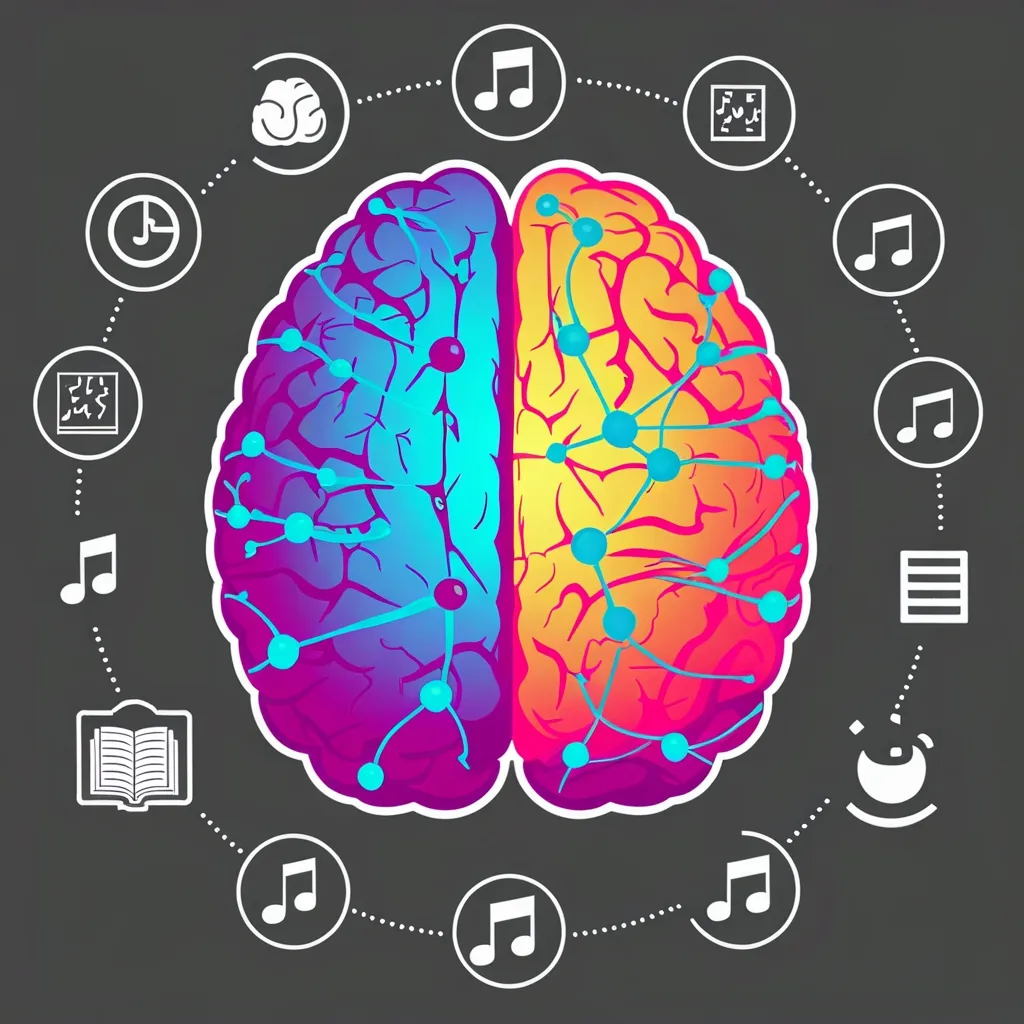As we stand at the threshold of a new technological era, the buzz around quantum computing is not just a whisper; it’s a roar that’s echoing through the corridors of global politics and financial systems. This revolutionary technology, rooted in the principles of quantum mechanics, is poised to reshape the very fabric of our economic and political landscapes.
The Quantum Leap in Finance
Imagine a world where financial markets can be predicted with unprecedented accuracy, where risk assessments are more precise, and where fraud detection is almost instantaneous. This is the promise of quantum computing in the financial sector. Quantum computers can solve complex problems that have long been the bane of traditional computers, enabling financial institutions to optimize portfolios, manage risk, and detect fraud with a level of sophistication that was previously unimaginable.
For instance, banks like Goldman Sachs, HSBC, and JPMorgan are already experimenting with quantum computing to enhance their financial modeling and decision-making processes. These institutions are leveraging quantum algorithms to price derivatives and optimize portfolios, tasks that were once too computationally intensive for classical computers. The potential savings are staggering; according to some estimates, financial institutions could save millions of dollars annually by reducing fraud and improving data management.
However, this quantum leap comes with its own set of challenges. Traditional cryptographic systems, which are the backbone of secure financial transactions, are vulnerable to quantum attacks. Quantum computers, using algorithms like Shor’s algorithm, can break many of the encryption methods currently in use, posing a significant threat to data security. To mitigate this, financial institutions are racing to adopt quantum-resistant cryptography, a move that is crucial for maintaining trust in the financial system.
Redefining Political Landscapes
The impact of quantum computing extends far beyond the financial sector, into the realm of global politics and national security. Governments around the world are investing heavily in quantum technology, recognizing its potential to provide both military and economic advantages.
In the United States, for example, the government has committed billions of dollars to the development of quantum computing as part of the National Quantum Initiative. This initiative aims to advance quantum research and development, with a focus on applications that could enhance national security. Quantum computers can optimize complex operations such as troop movements and resource allocation, and even predict natural disasters with greater accuracy, allowing for more effective disaster response.
But the geopolitical implications go deeper. Quantum computing could potentially break the encryption that protects sensitive government data, putting national security at risk. This has led to a global race to develop quantum-safe encryption methods and to prepare for a future where quantum computers could compromise current security protocols. The U.S. government, along with other nations, is working on creating new cybersecurity solutions that can withstand quantum attacks, a necessity in a world where data security is paramount.
The Cybersecurity Conundrum
Cybersecurity is one of the most critical areas where quantum computing is set to make a significant impact. Traditional public key encryption algorithms, which are used to secure everything from online banking to government communications, are no match for the computational power of quantum computers. This has led to a “harvest now, decrypt later” strategy by malicious actors, who are collecting encrypted data now with the intention of decrypting it once quantum computers become available.
To counter this, organizations like the National Institute of Standards and Technology (NIST) are developing new quantum-safe encryption standards. Financial institutions and governments are being urged to transition to these new standards as soon as possible to protect against future quantum attacks. This transition is not just a technical challenge but also a logistical one, requiring a thorough inventory of cryptographic assets and the implementation of crypto-agility to ensure that systems can be updated quickly.
Transforming Financial Markets
Quantum computing is not just about enhancing existing financial processes; it’s about transforming the way financial markets operate. Imagine a market where dynamic arbitrage opportunities can be uncovered in real-time, where trading optimization is more precise, and where risk profiling is more accurate.
In this new landscape, investment managers can use quantum computers to optimize portfolio diversification and respond more precisely to market conditions. The Black-Scholes-Merton model, which is used to price financial instruments, can be enhanced with quantum algorithms to provide more accurate predictions. This could lead to more informed lending decisions and better asset pricing, ultimately making financial markets more efficient and stable.
Personalized Financial Services
One of the lesser-known but significant impacts of quantum computing is on customer targeting and prediction modeling. Financial services customers increasingly demand personalized products and services that anticipate their evolving needs. Quantum computing can revolutionize this area by offering superior capabilities in finding patterns, classifications, and predictions compared to traditional methods.
For instance, quantum machine learning algorithms can process transaction data swiftly, identifying patterns and anomalies that indicate fraudulent activities. This rapid detection capability empowers financial institutions to respond promptly, safeguarding assets and preserving customer trust. It also enables banks to offer more personalized financial products, enhancing customer satisfaction and loyalty.
Global Investments and Collaborations
The race to harness quantum computing is not just about individual countries or corporations; it’s a global effort. Major financial institutions, governments, and technology companies are collaborating to advance quantum research and development. For example, the European Union, the United States, and Canada have collectively invested over $3.1 billion in quantum computing initiatives.
This collaboration is crucial because the development of quantum computing is a complex and resource-intensive process. It requires significant investments in research and development, as well as the sharing of knowledge and resources. The payoff, however, could be immense, with predictions suggesting that quantum computing could transform various aspects of the financial industry, from portfolio optimization to fraud detection.
Ethical Considerations
As we embark on this quantum journey, it’s important to consider the ethical implications. Quantum computing has the potential to create new and unprecedented forms of surveillance and data collection. It also raises questions about privacy and security, particularly in a world where data breaches are becoming increasingly common.
Financial institutions and governments must adopt a long-term vision, investing in research and development while also addressing ethical considerations responsibly. This includes ensuring that quantum technologies are used in a way that respects privacy and security, and that the benefits of these technologies are shared equitably.
The Future Outlook
The future of quantum computing is both exciting and uncertain. While the technology holds immense promise, its widespread adoption still faces significant challenges. Hardware limitations and error correction are major hurdles that need to be overcome before quantum computers can be widely used.
However, the progress so far has been encouraging. Technical breakthroughs, such as those recognized by the Nobel Prize in Physics in 2022, have shown that quantum computing is no longer a theoretical concept but a reality that is already providing useful business value.
As we look ahead, it’s clear that quantum computing will redefine the political and financial landscapes in ways we are only beginning to understand. It will challenge traditional notions of security and privacy, and it will create new opportunities for innovation and growth. Whether we are ready or not, the quantum leap is upon us, and it’s time to embrace the future with open eyes and a forward-thinking mindset.
In this new world, we will need to be agile and adaptable, ready to face the challenges and opportunities that quantum computing presents. It’s a journey that will require collaboration, innovation, and a commitment to ethical responsibility. But the rewards could be transformative, leading to a more secure, efficient, and innovative global economy. As we step into this quantum future, one thing is certain: the world will never be the same again.






